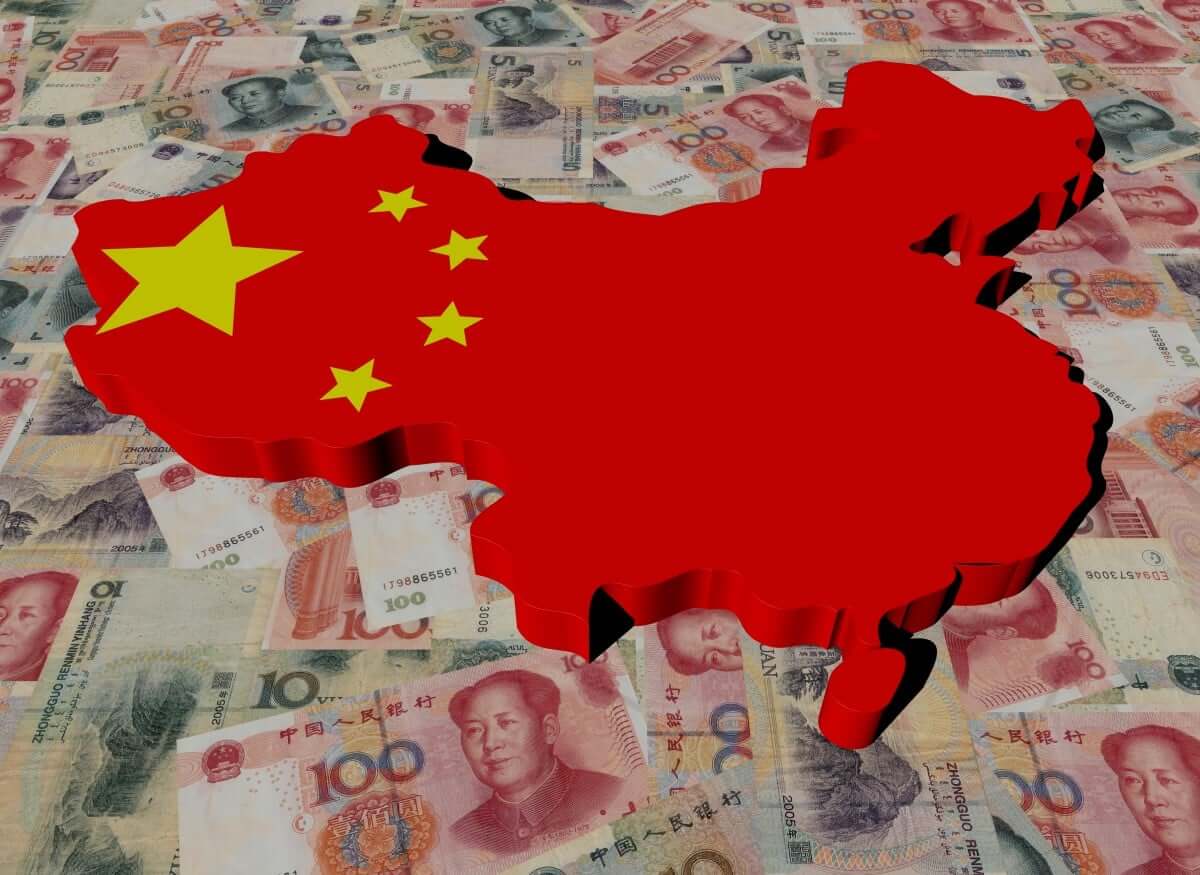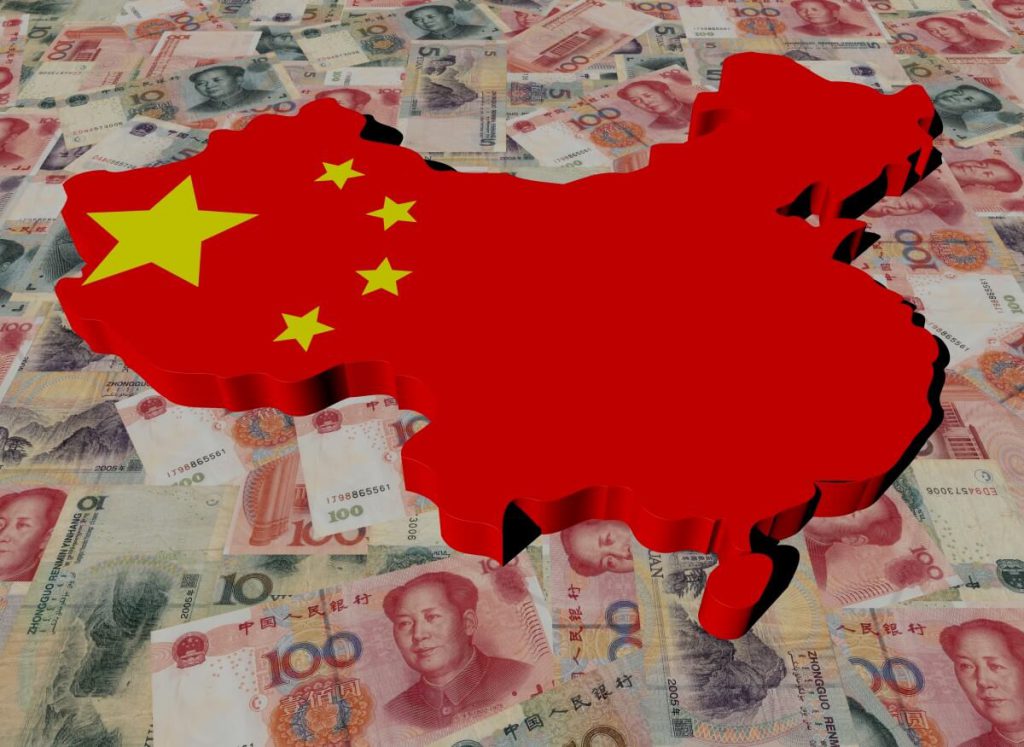
Real Estate Bubble in China Began With State Capitalism
For a moment, as Evergrande (Chinese real estate giant) fluctuated on the edge of bankruptcy, it seemed that President Xi might do the incredible thing: burst the greatest real estate bubble.
The set up of the land in China and its housing markets not only encourages but practically demands the speculative purchase of real estate.
Suppose Xi needs to put speculators out of business. In that case, he’ll have to develop a critical element of the state-capitalist system in China, where the central government sets a growth target. After establishing a growth target, local governments deliver it by pumping up real estate markets. Evergrande and other property developers are merely transmitters in this growth-generating machine.
The entire system is dependant on customers that buy apartments, assuming that their values will continue growing.
Government intention
It’s becoming apparent that Beijing does not intend to let Evergrande collapse with its $300 billion in debt. Instead, Chinese authorities want to punish Evergrande – the world’s most indebted developer for warning other developers about the dangers of borrowing without control.
There are strict restrictions on property purchases in China. For example, in Beijing, married couples can not own two houses.
Now, Chinese authorities started squeezing supply, limiting the borrowing of real estate developers. However, at the moment, they seem to be just dealing with the speculative overloads of the system. They try to adjust it instead of changing the system itself.
Until the end of 1987, all Chinese workers could live in state-owned welfare housing. Then, Premier Zhu Rongji decided to sell the government’s whole stock of urban housing, and almost in a day, China became a country of homeowners.
The prices of those houses have increased year after year. Most investors believe that if they buy apartments, they will profit from them in the future. That is why many people buy more than two apartments if they can get a mortgage. However, it is not speculation when property prices only go up.
In the meantime, city governments have every reason to support rising prices as land sales estimate around 47% of total government fiscal revenue.


